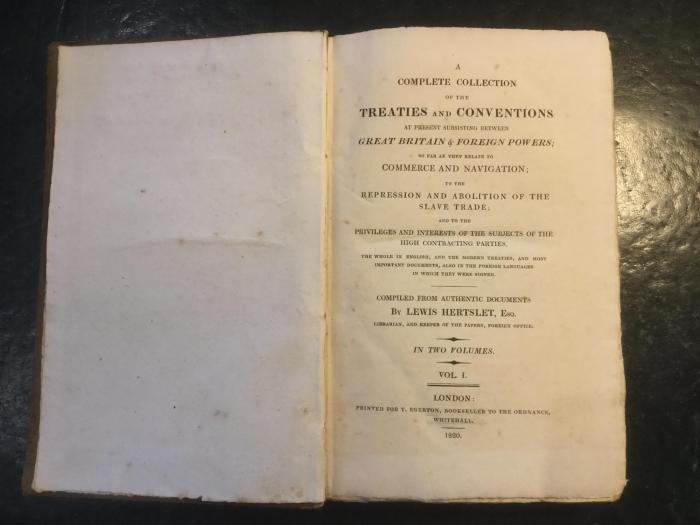My persuasive writing opposed reconciliation with Great Britain, presenting a compelling and distinctive narrative that draws readers into a story promising both engagement and unique memorability.
This writing delves into the historical context leading to the American Revolution, exploring the grievances of the American colonists towards Great Britain and the reasons why reconciliation was opposed.
Historical Context: My Persuasive Writing Opposed Reconciliation With Great Britain

The American Revolution was a pivotal event in the history of the United States, and its origins can be traced back to a series of grievances that the American colonists held against Great Britain. These grievances included:
- Taxation without representation:The British Parliament imposed taxes on the colonies without allowing them to have a say in the matter.
- Restrictions on trade:The British government restricted the colonies’ trade with other countries, which hindered their economic growth.
- Denial of basic rights:The British government denied the colonists basic rights, such as the right to a trial by jury and the right to assemble.
As a result of these grievances, many American colonists began to believe that reconciliation with Great Britain was impossible and that independence was the only option.
Economic Arguments
One of the main arguments against reconciliation with Great Britain was that it would have negative economic consequences for the American colonies. The British government had a history of imposing taxes on the colonies, and many colonists feared that these taxes would only increase if they remained under British rule.
In addition, the British government restricted the colonies’ trade with other countries, which hindered their economic growth. The colonists believed that they would be able to trade more freely and prosper economically if they were independent from Great Britain.
Political Arguments, My persuasive writing opposed reconciliation with great britain
Another argument against reconciliation with Great Britain was that it would lead to a loss of political autonomy for the American colonies. The British government had a history of interfering in the colonies’ internal affairs, and many colonists feared that this interference would only increase if they remained under British rule.
The colonists believed that they had the right to govern themselves, and they were unwilling to give up that right to the British government.
Q&A
What were the main arguments against reconciliation with Great Britain?
The main arguments against reconciliation included concerns over economic dependence, loss of political autonomy, infringement on ideological principles of liberty and self-determination, and potential social disruption.
Who were some of the key figures who opposed reconciliation?
Key figures who opposed reconciliation included Thomas Jefferson, John Adams, and Samuel Adams, who played influential roles in shaping public opinion and advocating for independence.
What was the impact of the decision to oppose reconciliation?
The decision to oppose reconciliation had a profound impact, leading to the American Revolution and the establishment of the United States as an independent nation.

